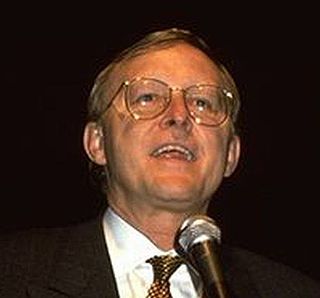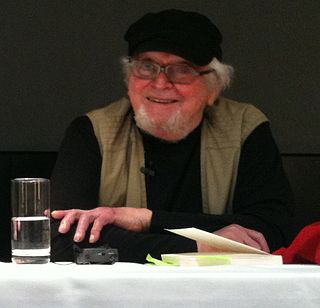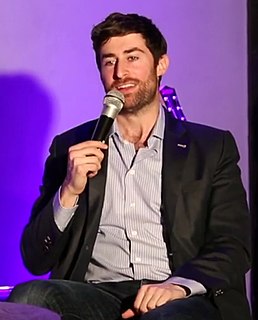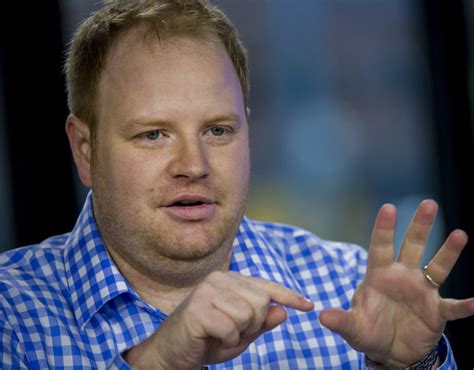A Quote by James H. Clark
The Internet is not just one thing, it's a collection of things - of numerous communications networks that all speak the same digital language.
Related Quotes
People over the age of thirty were born before the digital revolution really started. We've learned to use digital technology-laptops, cameras, personal digital assistants, the Internet-as adults, and it has been something like learning a foreign language. Most of us are okay, and some are even expert. We do e-mails and PowerPoint, surf the Internet, and feel we're at the cutting edge. But compared to most people under thirty and certainly under twenty, we are fumbling amateurs. People of that age were born after the digital revolution began. They learned to speak digital as a mother tongue.
It's just about feelings. And the thing is we - everybody lives exactly the same things. We are all humans, even if you speak Spanish or whatever you speak. That's just - we are humans, and that's really interesting. And I'm sure that we can understand each other even if you don't understand my language.




































